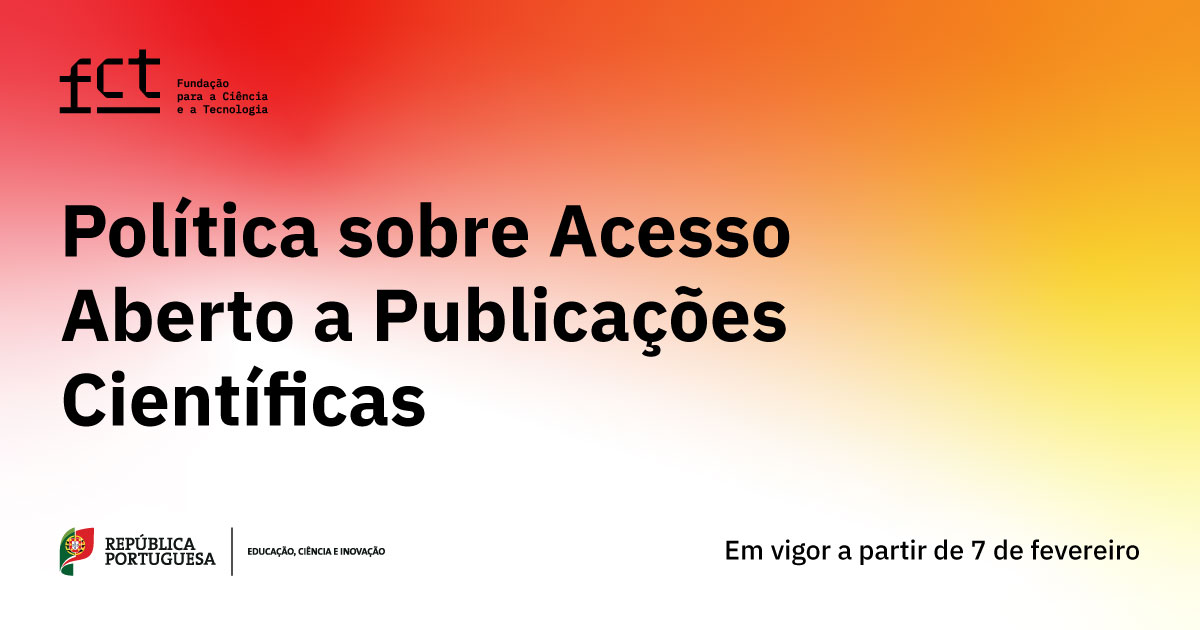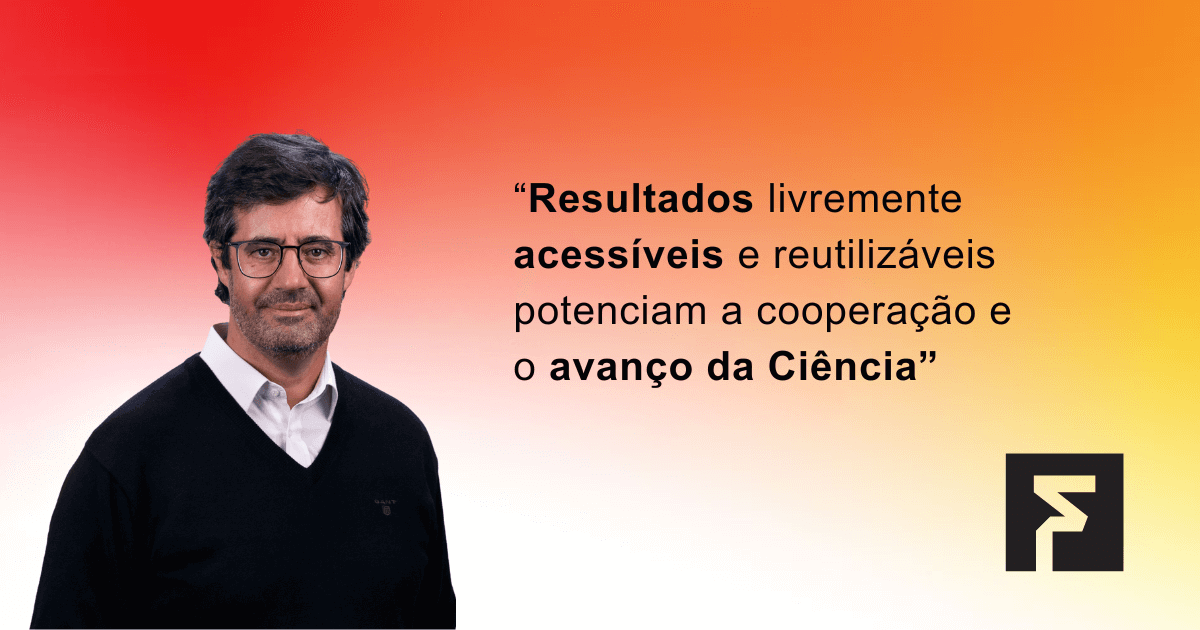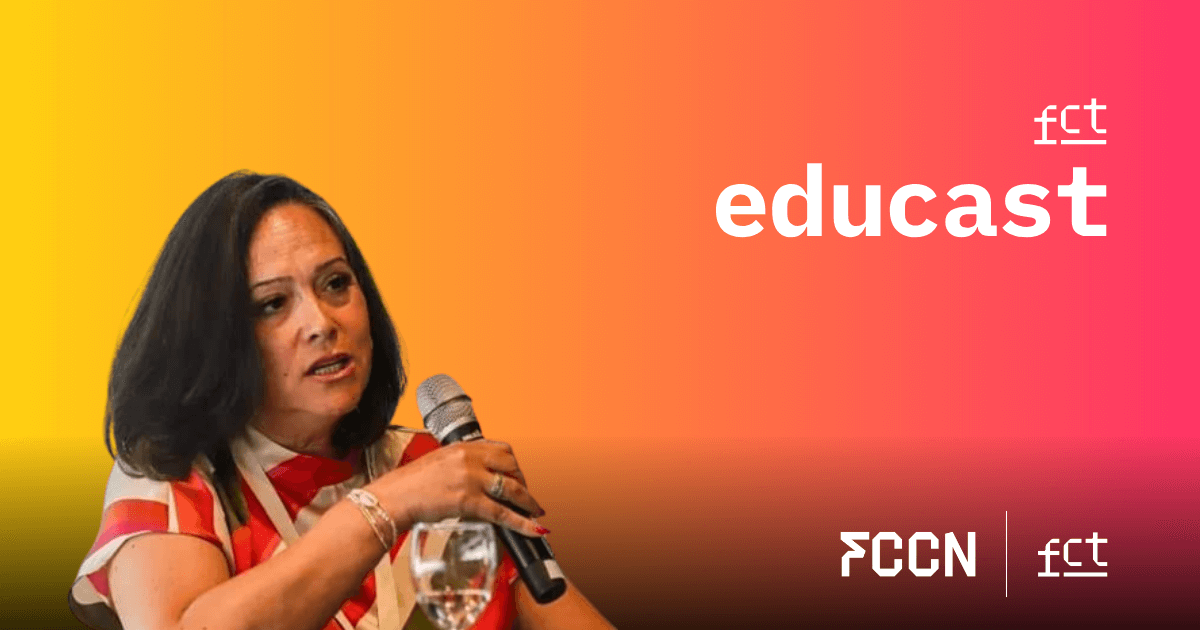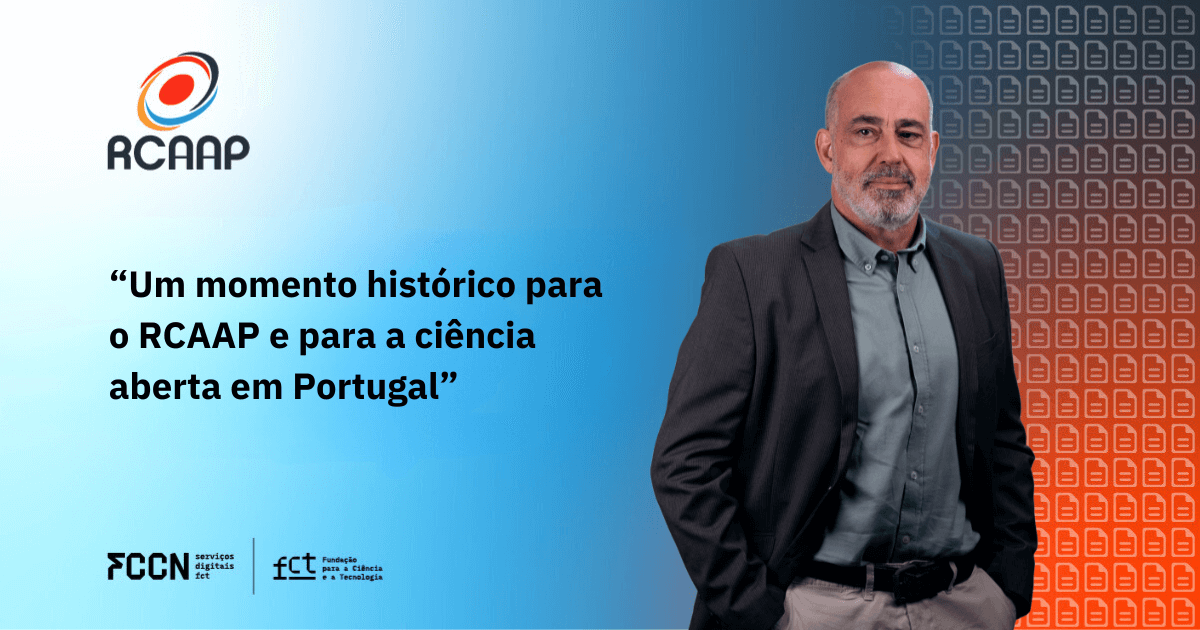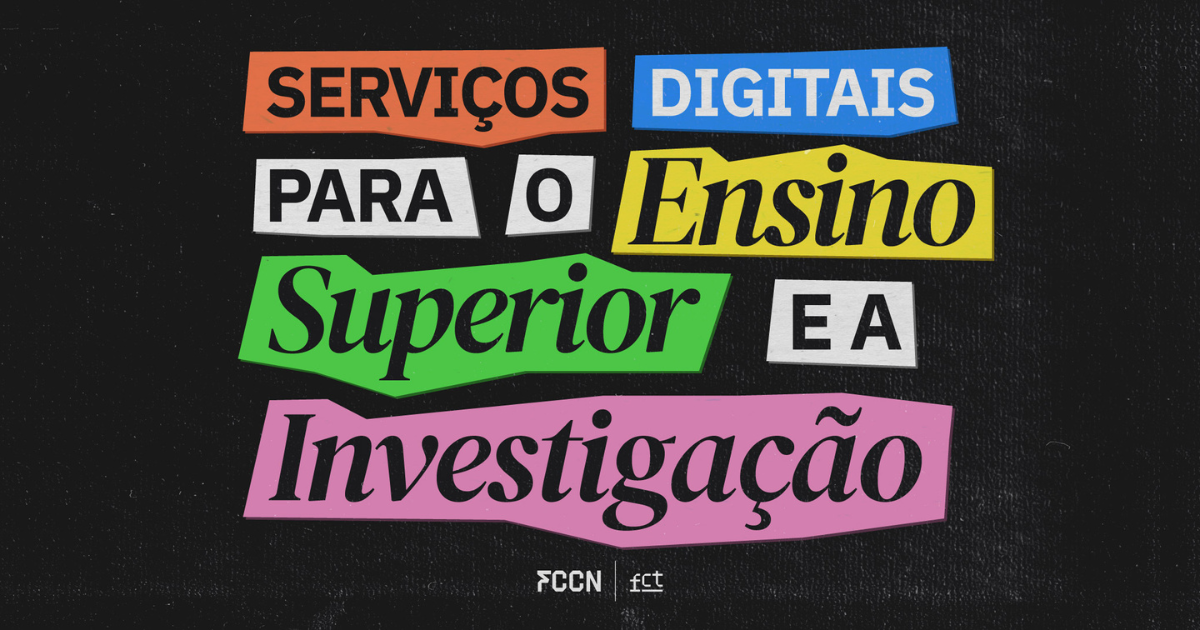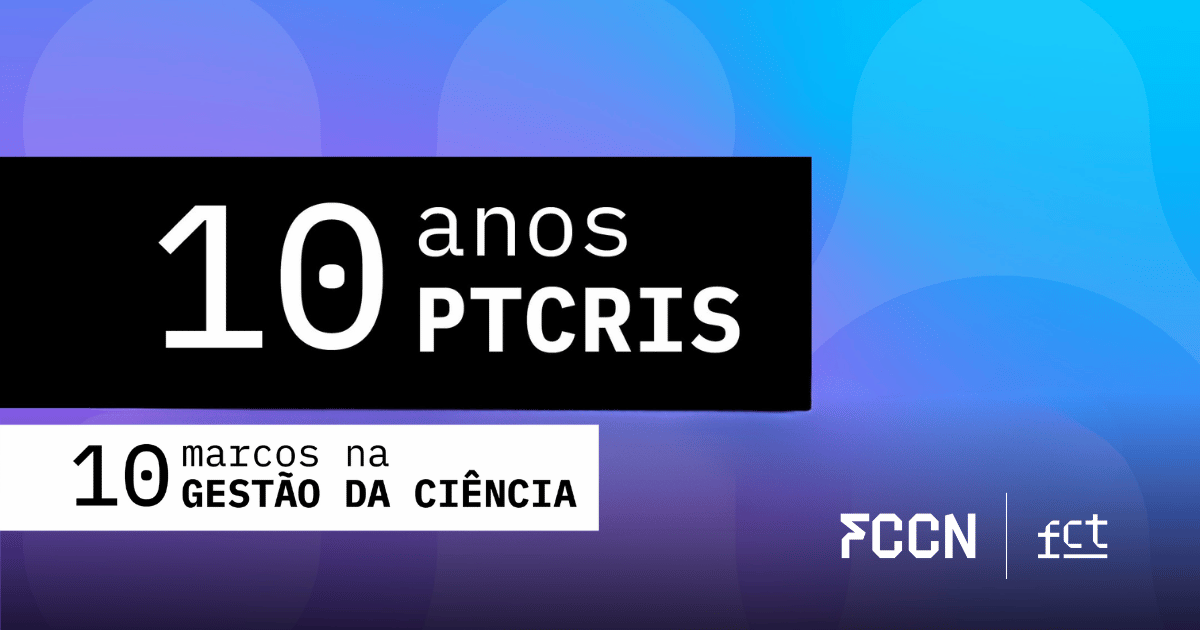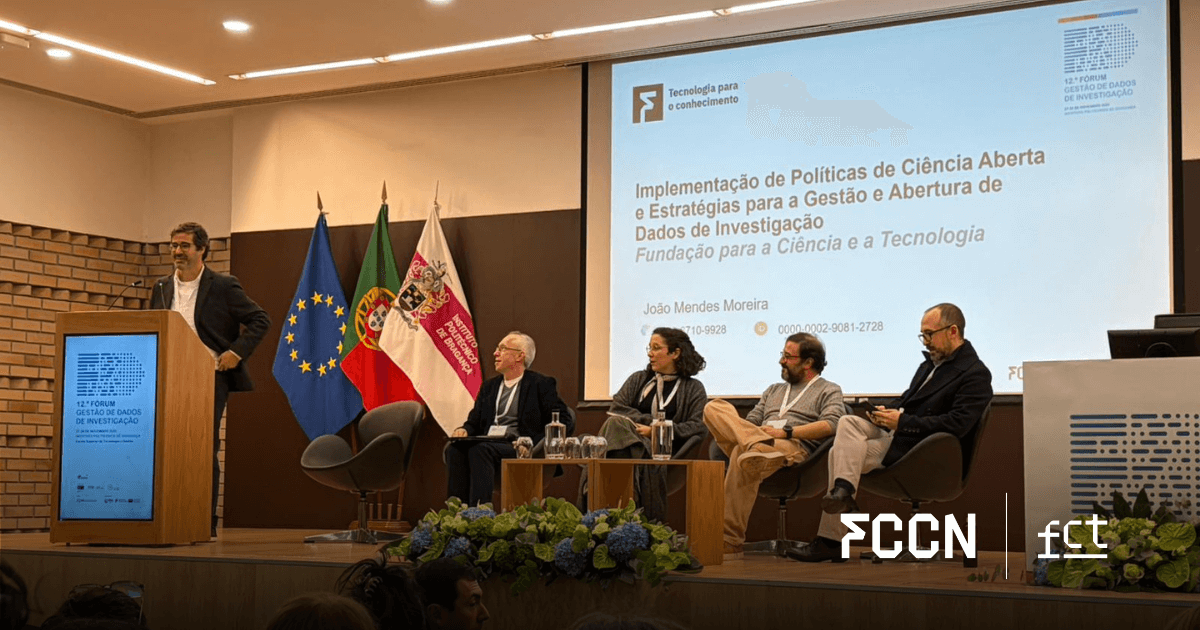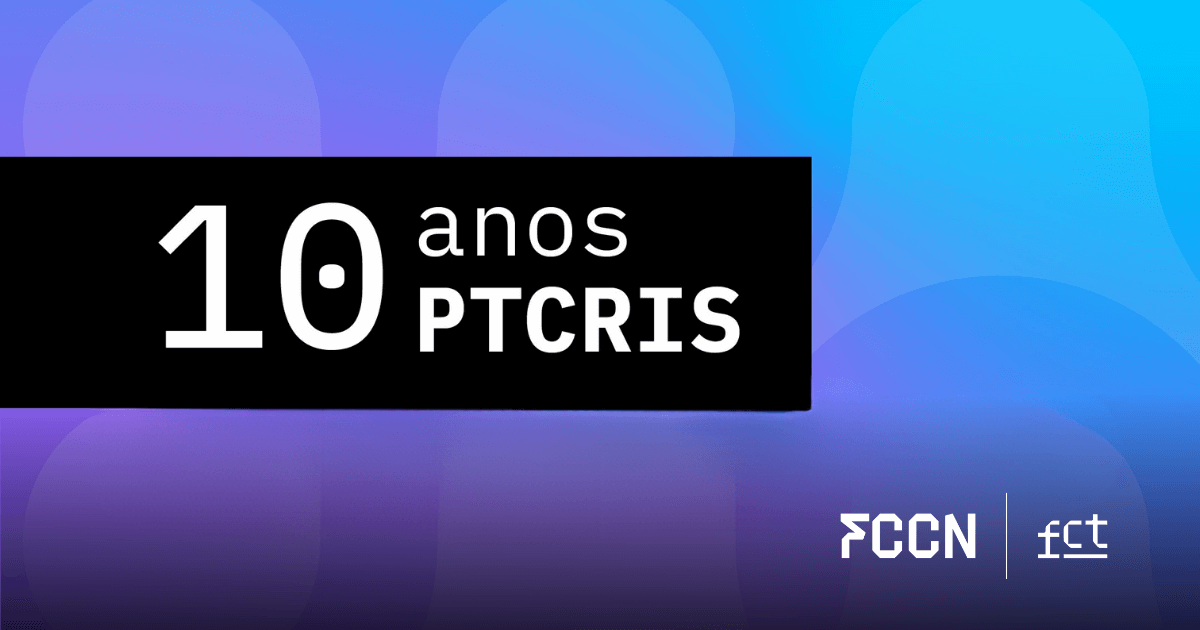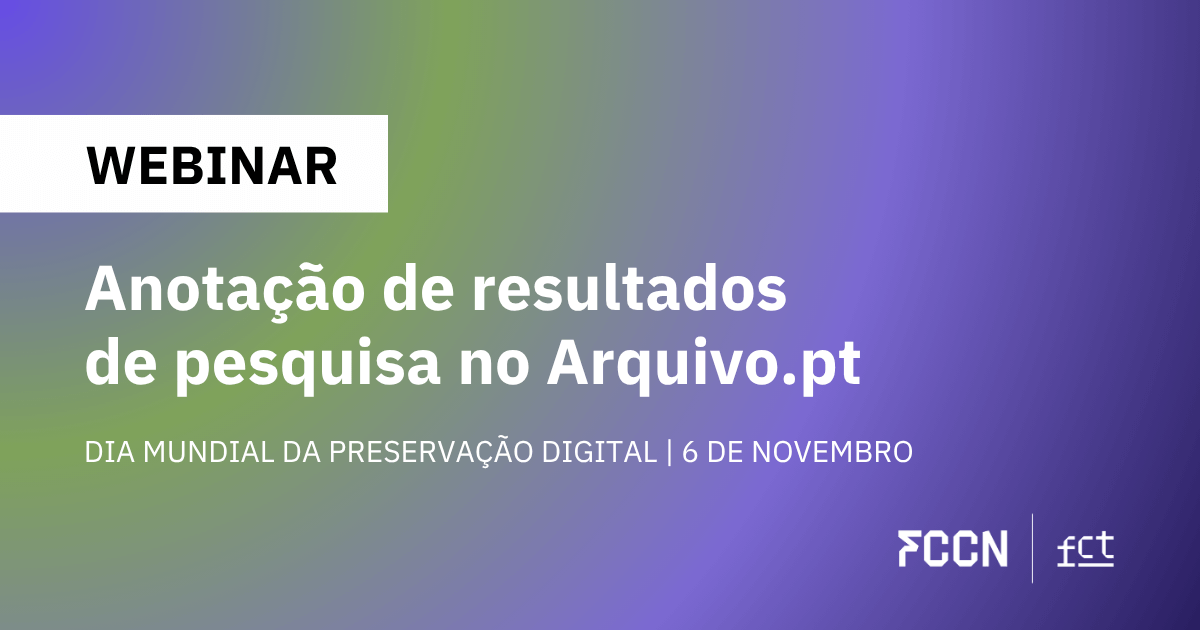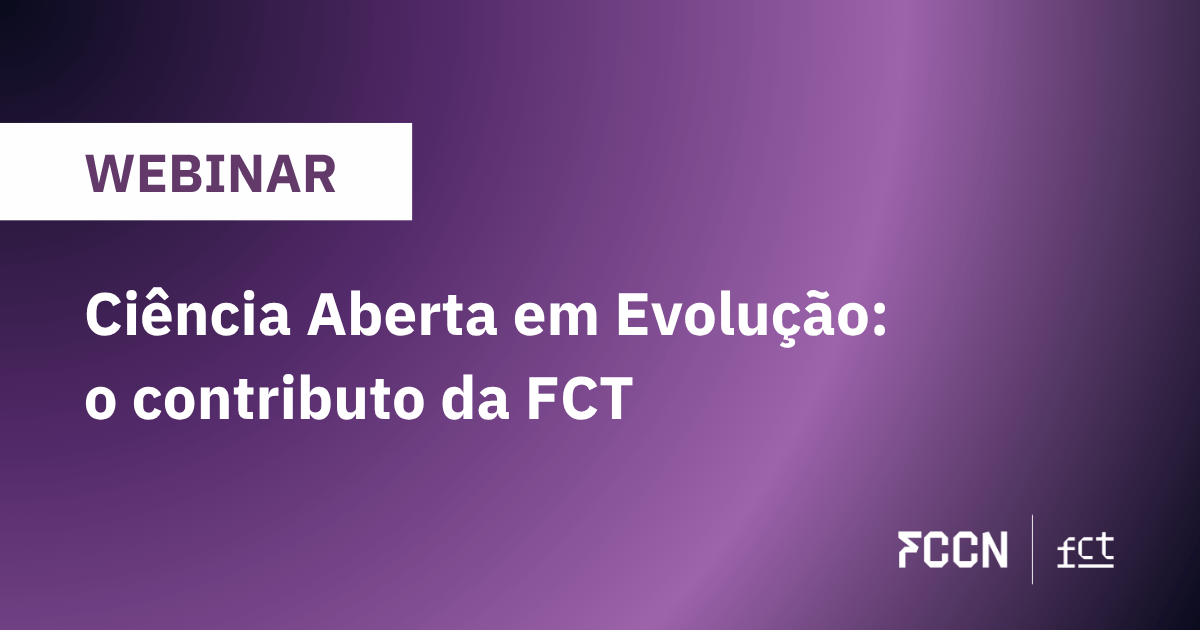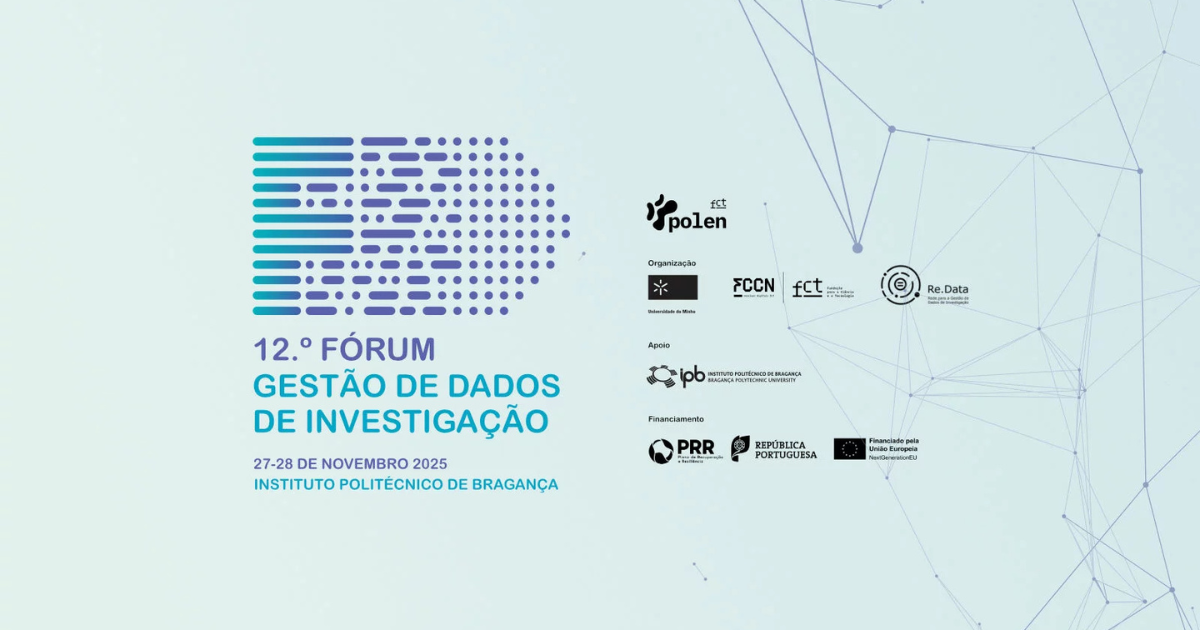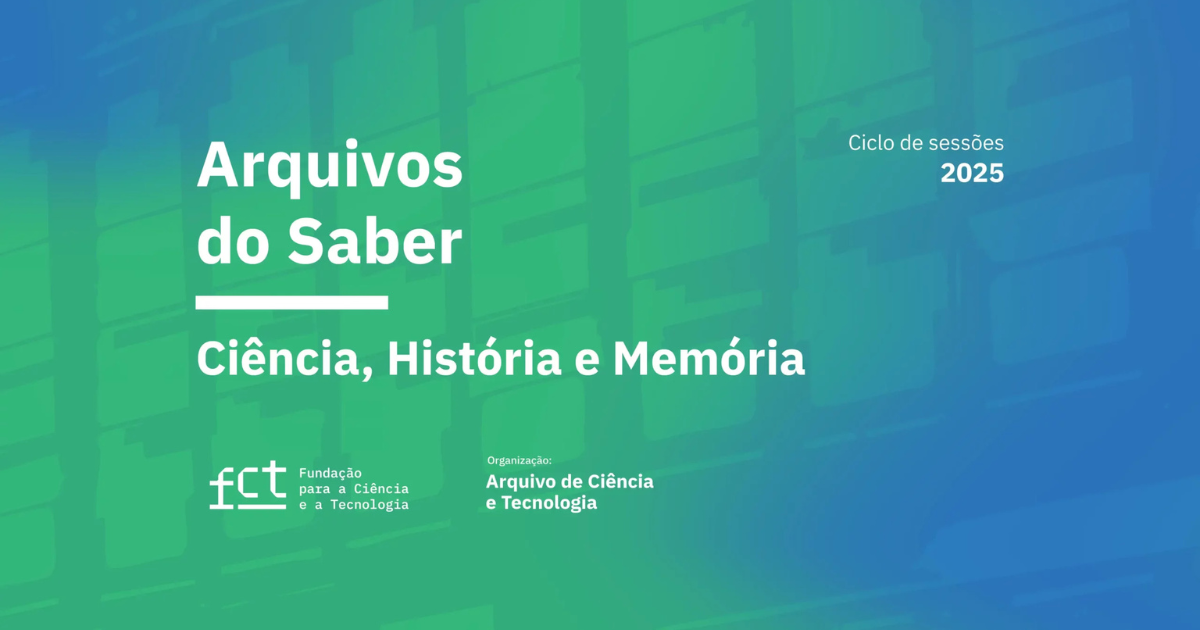The Foundation for Science and Technology (FCT) adopts a new Open Access Policy, in order to make it mandatory to make scientific publications resulting from research funded by it available in open access. The Policy is effective from February 7th and applies to scientific articles, books, book chapters and monographs and to doctoral theses and master's dissertations.
The launch is accompanied by the creation of a website support, which aims to help researchers comply with the Policy and guide them throughout the process, helping them follow the necessary steps until publication in Open AccessThis page will also contain links to a set of frequently asked questions and a document explaining the rights retention mechanism.
Available publication routes
There are different ways to ensure Open Access availability and, thus, comply with the new Policy, which depend on the type of scientific publication.
For articles, the Golden Path corresponds to the immediate publication of the scientific article in open access in the journal, book, or publishing platform. The Green Path refers to publication in an online repository. RCAAP of an article or book published by the publisher in closed access. Finally, the Transformative Path allows publication in a hybrid journal under a transformative agreement.
With regard to books, book chapters and monographs, the available channels are green and gold, with the meaning and scope mentioned above with regard to articles.
In the case of doctoral theses and master's dissertations, open access publication is ensured through their deposit in a repository of the RCAAP network.
The Policy's cornerstone is the non-admission of embargo periods in the provision of open access content and the retention of rights over published content, which ensures that at least the accepted manuscript version is made available in open access.
Publishing in Open Access: Why?
The adoption of this Policy is based on the understanding that research financed by public funds, such as those granted by the FCT as part of its mission to finance scientific activity in Portugal, must produce results that are in the public domain, freely accessible and reusable by all.
This open availability of research results also has significant benefits: it facilitates interdisciplinarity and increases the visibility of the knowledge produced, but it also has a social and economic impact, bringing research to professionals in other fields, companies, and interested audiences.
Scientific cooperation and the advancement of Science are also encouraged, as well as increased visibility of scientific production and its authors.
